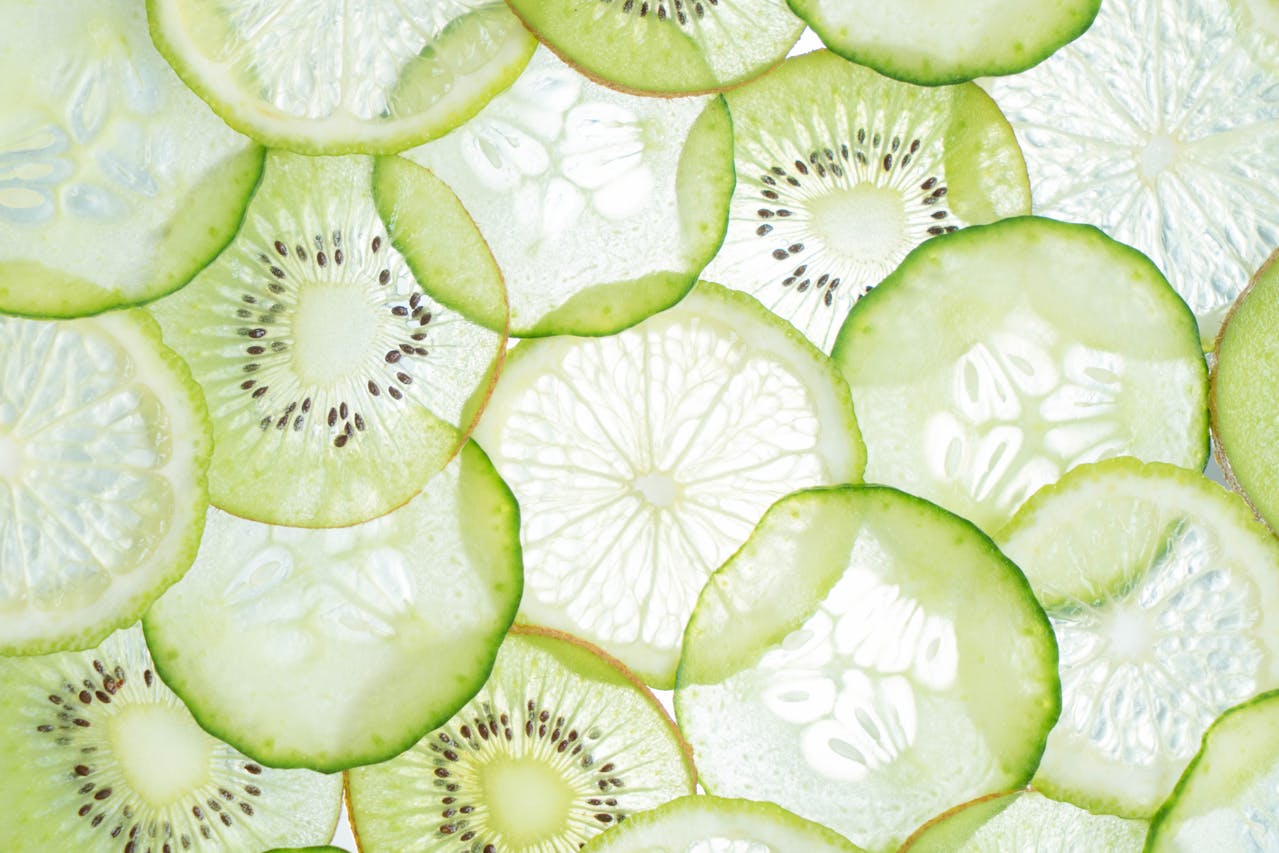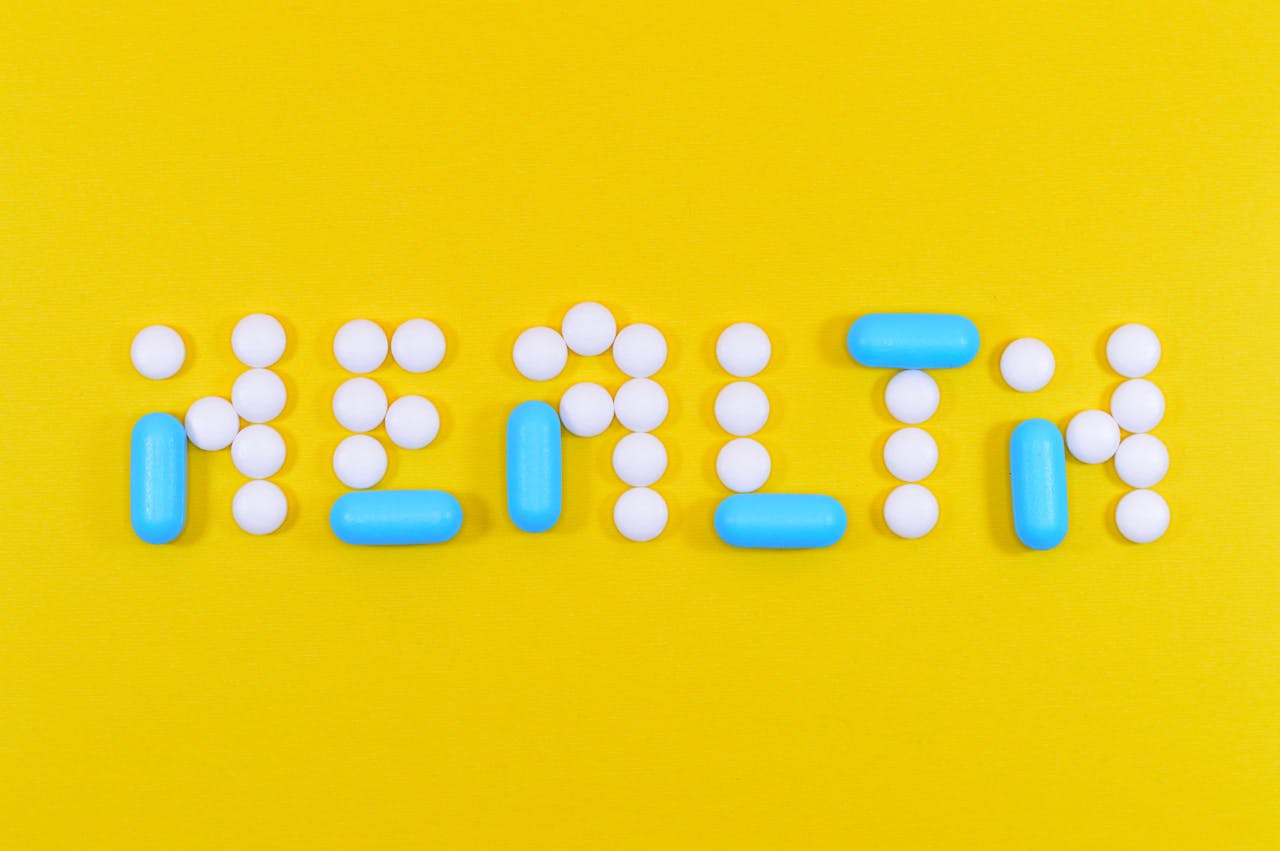Hydration plays a crucial role in maintaining optimal health and fitness. Here’s why staying properly hydrated is essential:
1. Supports Bodily Functions
- Regulates Body Temperature: Water helps maintain a stable body temperature through sweat and respiration.
- Facilitates Digestion: Adequate hydration aids in digestion and nutrient absorption, preventing constipation and promoting regular bowel movements.
2. Enhances Physical Performance
- Improves Endurance: Dehydration can lead to fatigue, decreased endurance, and reduced strength. Staying hydrated helps maintain energy levels during workouts.
- Aids Recovery: Proper hydration can help reduce muscle soreness and speed up recovery time after intense exercise.
3. Promotes Cognitive Function
- Boosts Concentration: Dehydration can impair cognitive function, leading to difficulties in concentration, coordination, and reaction time.
- Supports Mood: Maintaining hydration levels can improve mood and reduce feelings of anxiety and fatigue.
4. Helps with Weight Management
- Reduces Hunger: Sometimes, the body can confuse thirst for hunger. Staying hydrated can help manage appetite and prevent overeating.
- Increases Metabolism: Drinking water can temporarily boost metabolism, aiding in weight management.
5. Maintains Joint Health
- Lubricates Joints: Water is essential for maintaining synovial fluid, which lubricates joints and cushions them during physical activity.
6. Supports Cardiovascular Health
- Regulates Blood Volume: Proper hydration helps maintain blood volume, ensuring effective circulation and cardiovascular function.
- Lowers Risk of Heart Problems: Dehydration can increase the risk of heart-related issues by making the heart work harder to pump blood.
7. Promotes Skin Health
- Keeps Skin Hydrated: Adequate water intake helps keep the skin moisturized, reducing dryness and the appearance of wrinkles.
8. Enhances Nutrient Transport
- Aids in Nutrient Delivery: Water is essential for transporting vitamins, minerals, and other nutrients to cells throughout the body.
Hydration Tips
- Drink Regularly: Aim to drink water throughout the day, not just when you feel thirsty.
- Monitor Urine Color: A pale yellow color typically indicates proper hydration, while dark urine can be a sign of dehydration.
- Adjust for Activity and Climate: Increase fluid intake during exercise, hot weather, or high altitudes.
- Include Hydrating Foods: Fruits and vegetables, such as cucumbers, oranges, and watermelon, can contribute to overall hydration.





